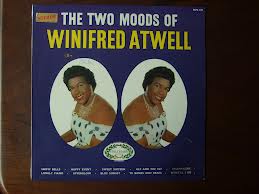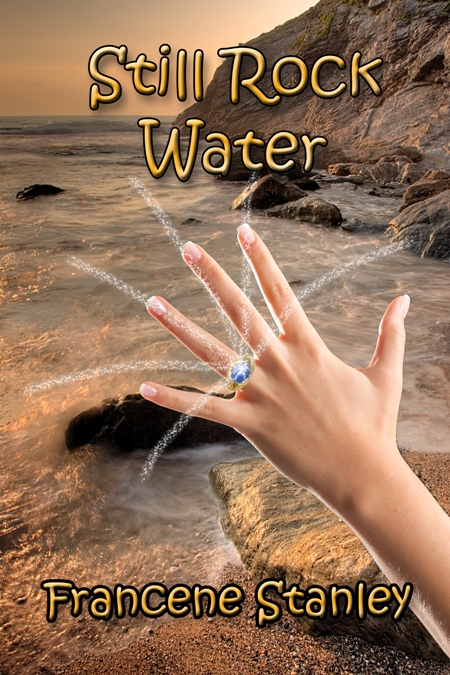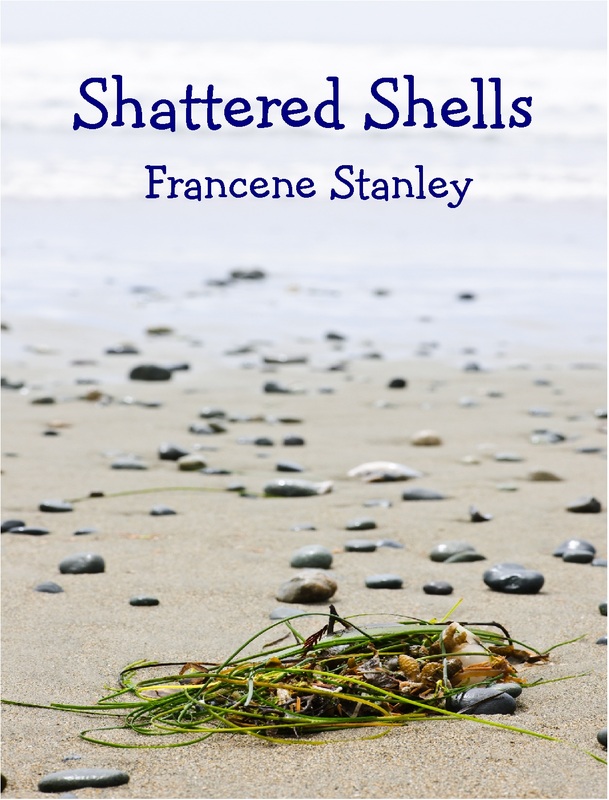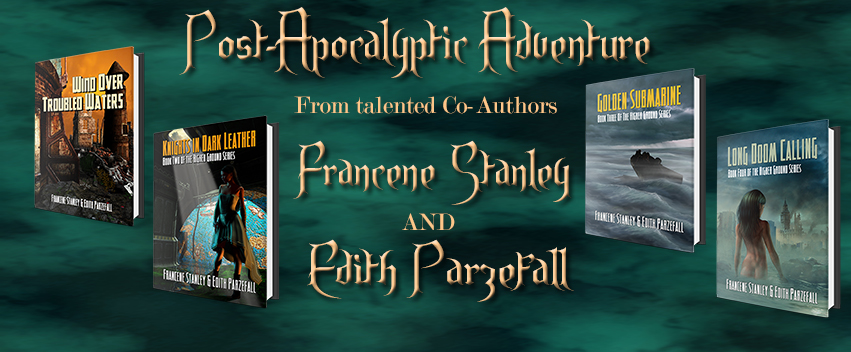Mollie was like a second mother to me, and cared for us all to the best of her ability, which must have been hard because she was an only child in a family of doting aunts. Inside her china cabinet were things like a tiny cup made from the shell of a coconut, and another with porcelain so fine we could see the light through it. In Brighton, we would sleep in the 'sleep-out', an extension built on the back of the house with louver windows and insect screens. If we took a short walk from the house, we'd reach a park where we could attempt to catch yabbies, like small lobsters, in the lake. We would tie a piece of meat to the end of string and catch whatever moved inside an old umbrella, squealing with excitement and nervousness. Then, we'd hurry home as fast as possible, pushing the poor yabby downward each time it crawled toward our fingers in a bid to escape. Mollie would cook our catch in a pot of boiling water to allow each of us a tiny taste.
 South Pacific stage show
South Pacific stage show You've Got to Be Carefully Taught. Those six words form the title of a song from Richard Rodgers and Oscar Hammerstein's South Pacific, the wildly popular musical revolving around cross-cultural love affairs in the South Pacific during World War II.
To hate and fear, you've got to be taught from year to year
It's got to be drummed in your dear little ear
You've got to be carefully taught.
You've got to be taught
To be afraid of people
Whose eyes are oddly made
And people whose skin is a different shade
You've got to be carefully taught.

During these years of living amongst mixed cultures, I learned to love different races and beliefs. In my dreamy years at the age of 14 and 15 years, life offered endless possibilities and held its breath, waiting for me to emerge as a young woman.
Wikipedia defines racialism thus: Racialism is the belief that the human species is naturally divided into distinct biological categories called 'races.' According to the Oxford English Dictionary, racialism is synonymous with racism.
Did you learn to respect all races and beliefs as a child?






 RSS Feed
RSS Feed
